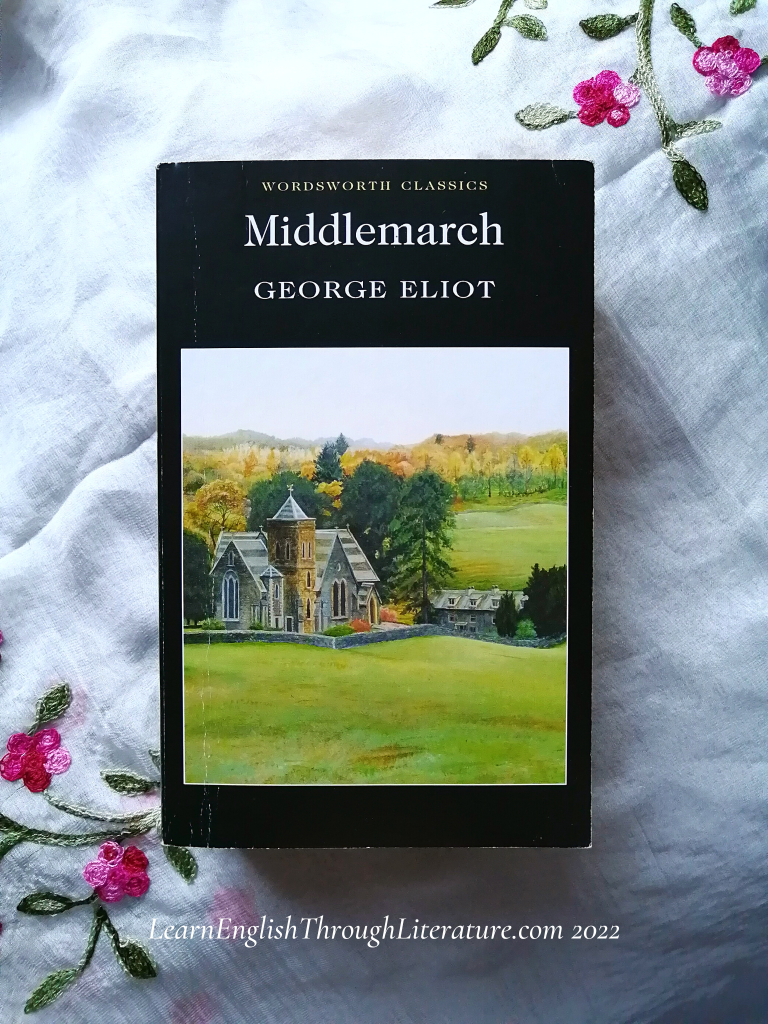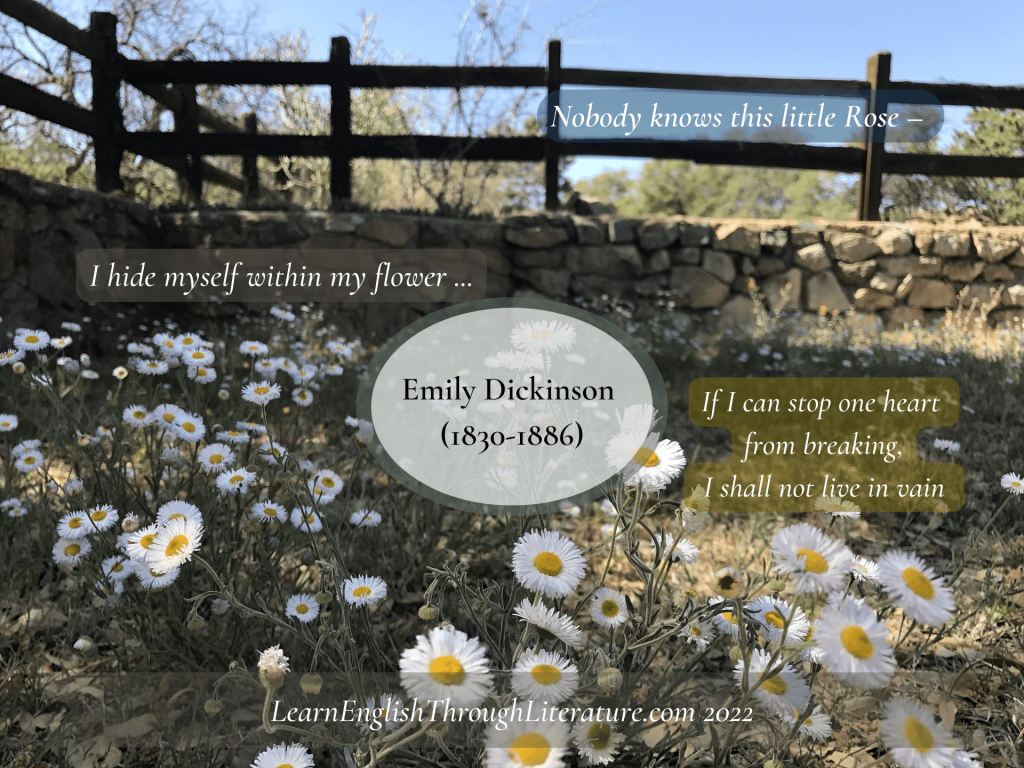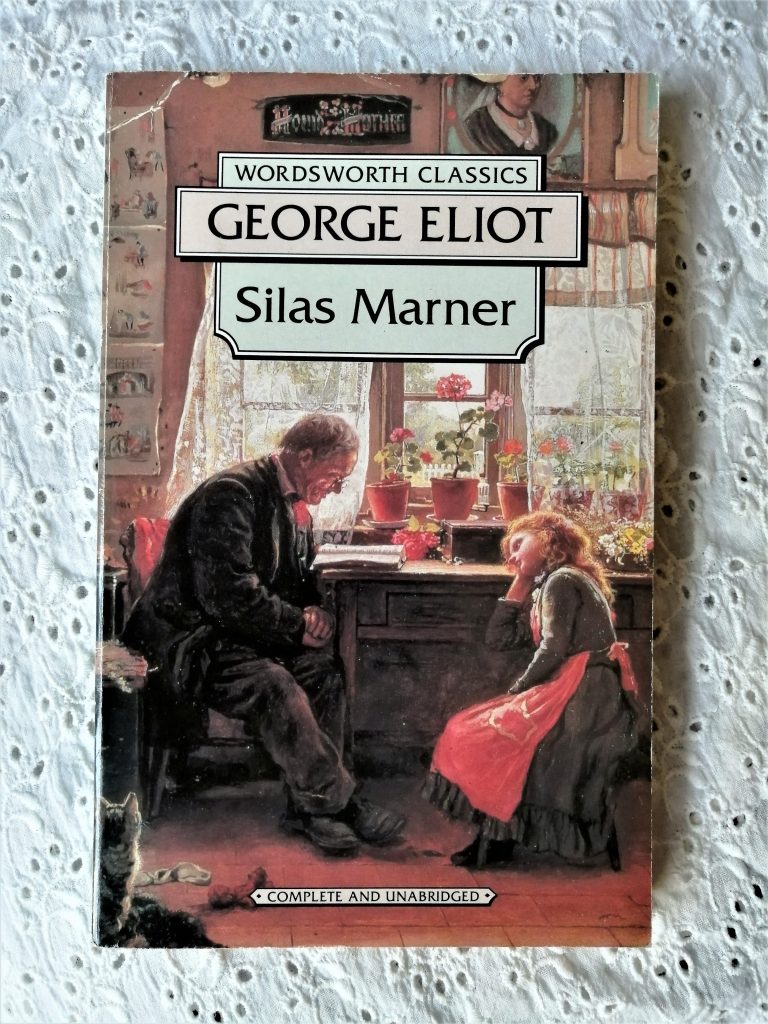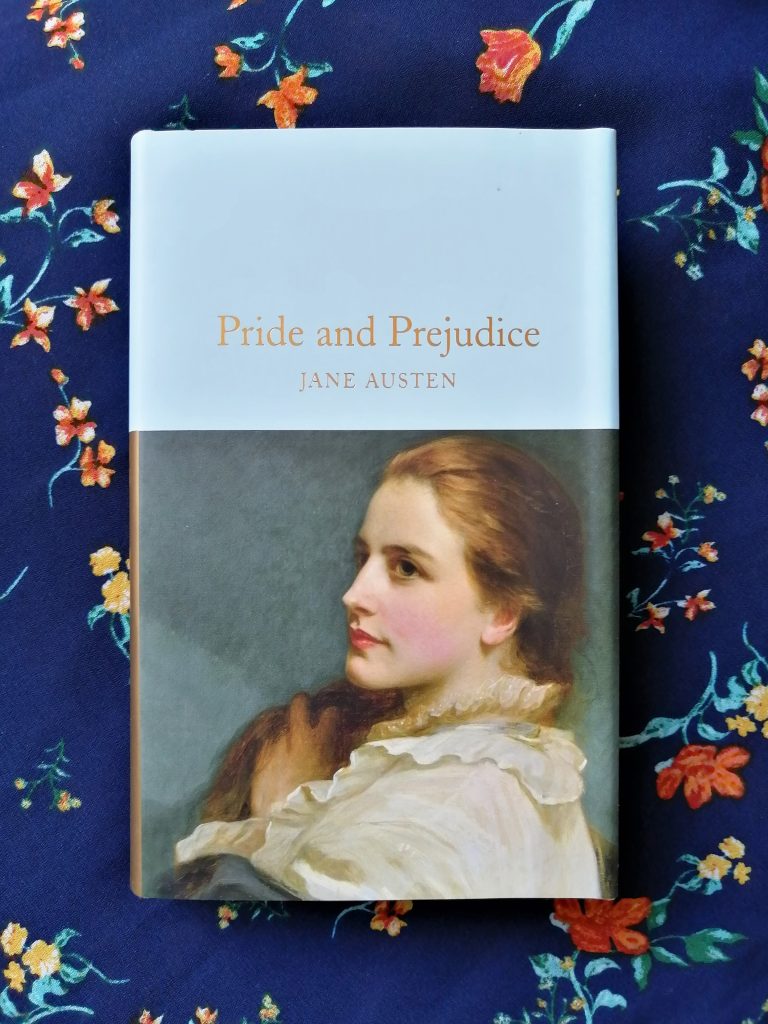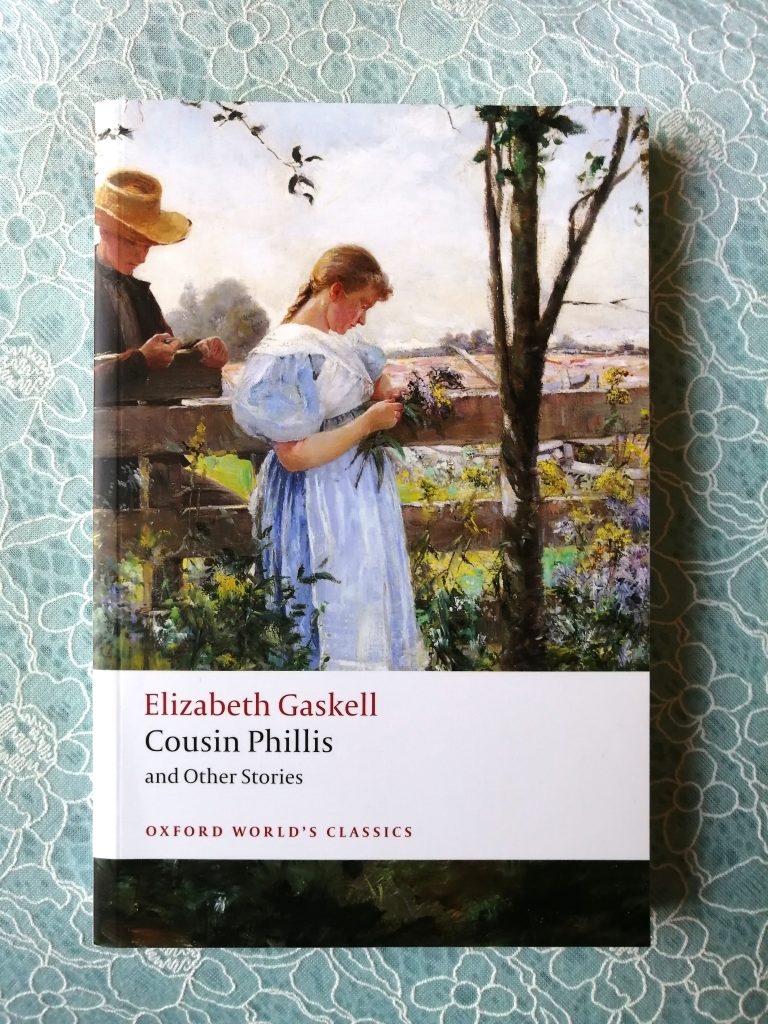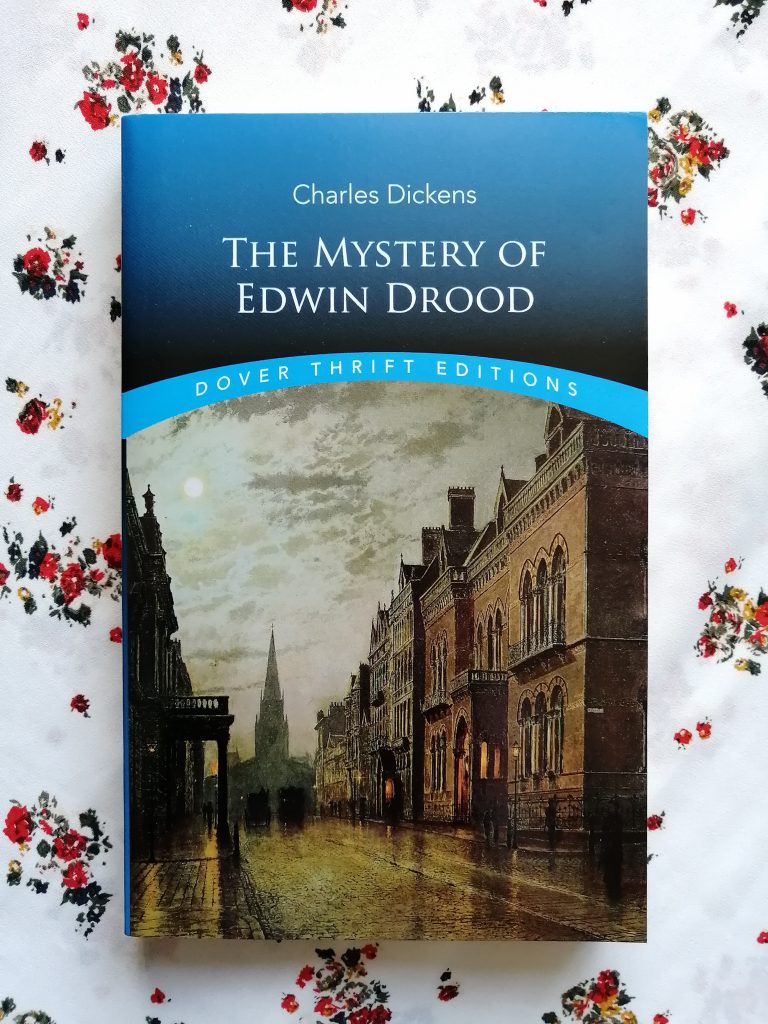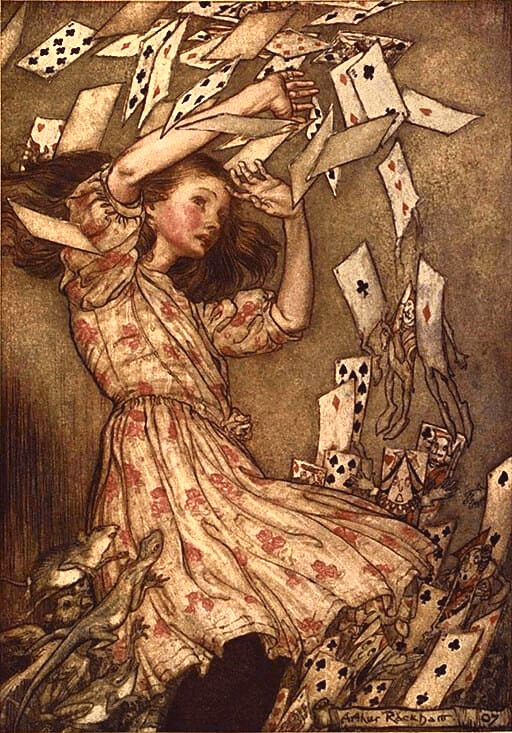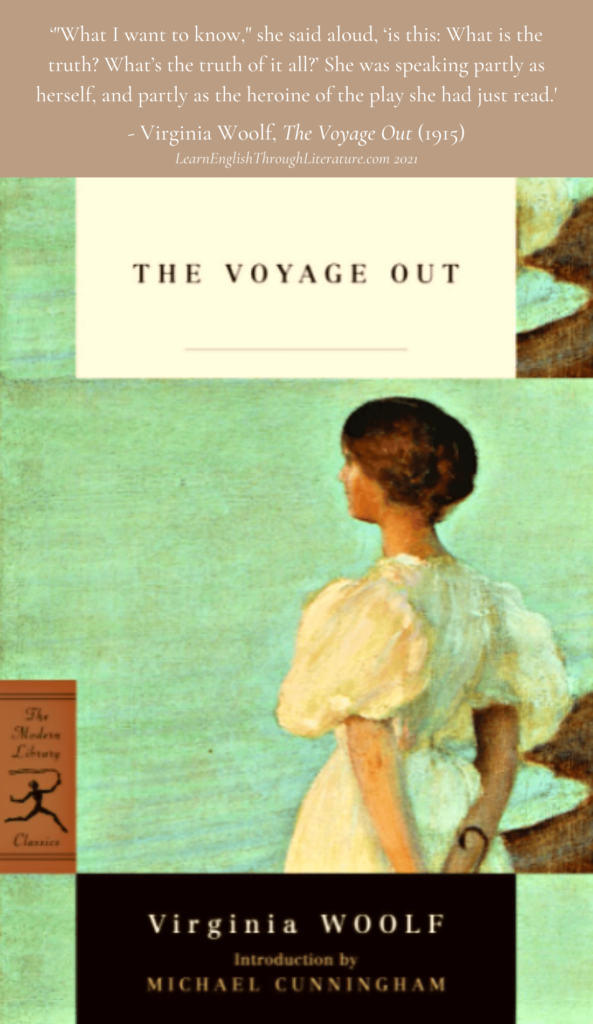Lesson #287: Adjectives, Adverbs, And Intensifier Adverbs in Eliot’s ‘Middlemarch’
📗 But the effect of her being on those around her was incalculably diffusive: for the growing good of the world is partly dependent on unhistoric acts; and that things are not so ill with you and me as they might have been, is half owing to the number who lived faithfully a hidden life, […]
Lesson #287: Adjectives, Adverbs, And Intensifier Adverbs in Eliot’s ‘Middlemarch’ Read More »

